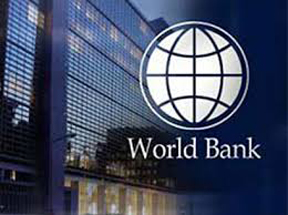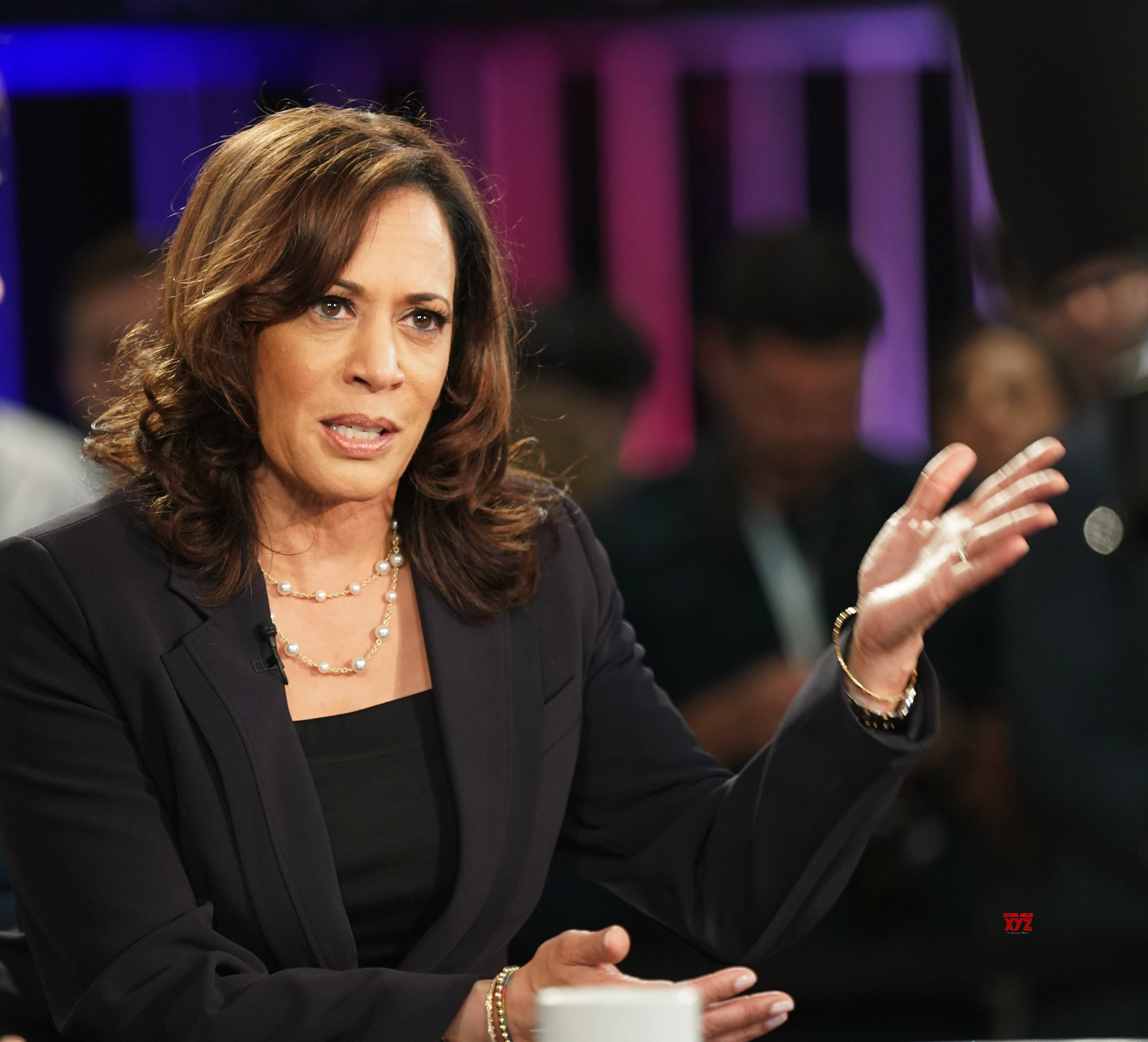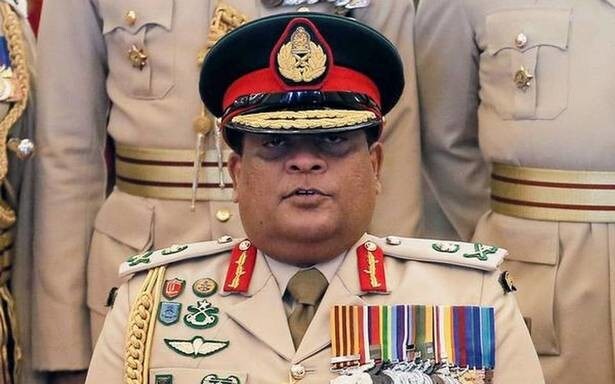 WASHINGTON: The Group of 24, popularly known as G24, has called on the World Bank to increase the voting power of developing countries and introduce moves for equitable voting power.
WASHINGTON: The Group of 24, popularly known as G24, has called on the World Bank to increase the voting power of developing countries and introduce moves for equitable voting power.
In a statement issued on Thursday on the sidelines of the annual Spring meeting of the International Monetary Fund and the World Bank, G-24 ministers stressed that economic weight of a country should be the primary component of the new formula.
G24, of which India is also a member, was established in 1971 to coordinate the positions of developing countries on international monetary and development finance issues and to ensure that their interests were adequately represented in negotiations on international monetary matters.
“We call for a World Bank’s shareholding review that meaningfully increases the voting power of developing countries and moves toward equitable voting power, while also protecting the voting power of the smallest poor countries,” the statement said.
Economic weight should be the primary component of the new formula with as much weight on this component as possible, the group said, adding that greater weight should be given to the GDP PPP in determining the economic power of countries.
The group also cautioned against regressive outcomes that could compromise the gains from previous reforms.
G24 said it was looking forward to an agreement on the dynamic formula by this year and General Capital Increase by next year.
Noting that the recovery of the global economy remains modest, with greater downside risks, the statement said growth in advanced economies remains sluggish, while it is moderating in emerging markets and developing countries (EMDCs), which still account for the bulk of global growth.
“The sharp drop in commodity prices has not materialized in positive effects globally, as has been expected, as we continue to face weaker global demand, tighter financial conditions, more volatile capital flows, and heightened security challenges,” the statement said.
“These headwinds could further weaken our growth outlook and contribution to global growth,” it said.
In light of this global reality, managing policy space, making economies more resilient to support macroeconomic stability, and achieving higher, more balanced and inclusive growth remain the G24 priorities, it said.
“Exchange rate flexibility, where appropriate, and reserve buffers, where available, could contribute to cushioning the impact of external shocks,” it said.
“We will continue to strengthen our fiscal and structural reforms and our financial systems, based on country-specific priorities, to diversify our economies and enhance our growth prospects, promote employment, competition, and productivity, while implementing macroeconomic and social policies to address inequality and alleviate poverty,” it added.–PTI






